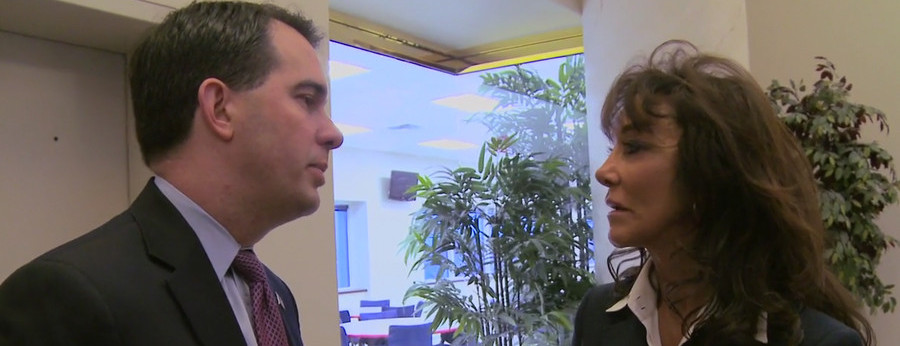KABUL —Afghan commanders have refused more than a dozen times within the past two months to act on U.S. intelligence regarding high-level insurgents, arguing that night-time operations to target the men would result in civilian casualties, Afghan officials say.
The defiance highlights the shift underway in Afghanistan as Afghan commanders make use of their newfound power to veto operations proposed by their NATO counterparts.
For much of the past decade, NATO commanders have dictated most aspects of the allied war strategy, with Afghan military officers playing a far more marginal role. But with the signing of an agreement last month, Afghans have now inherited responsibility for so-called night raids — a crucial feature of the war effort.
The defiance highlights the shift underway in Afghanistan as Afghan commanders make use of their newfound power to veto operations proposed by their NATO counterparts.
For much of the past decade, NATO commanders have dictated most aspects of the allied war strategy, with Afghan military officers playing a far more marginal role. But with the signing of an agreement last month, Afghans have now inherited responsibility for so-called night raids — a crucial feature of the war effort.



































